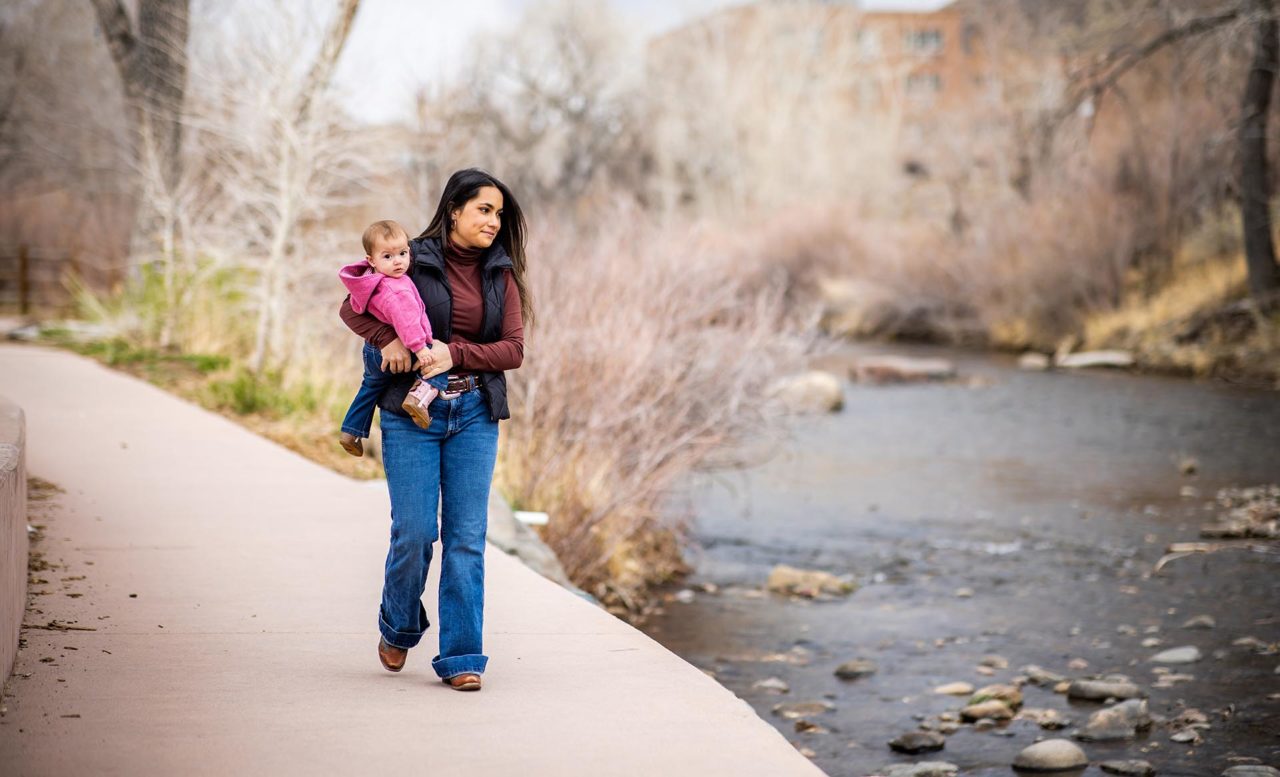The value of a teacher
New legislation aims to supplement significant debt often required for students to become educators.

Editor’s note: The Colorado legislature passed House Bill 22-1220: Removing Barriers to Educator Preparation on May 10, 2022.
To earn their degrees and licensure, nearly half of educators take on student debt totaling upward of $58,000, according to research from the National Education Association. With teacher salaries averaging $65,000 last year, it’s no wonder more and more students, and current teachers, are opting for different career paths.
Colorado school districts struggled to fill 3,300 open positions in December, and many districts fear that more teachers will resign at the end of the school year.
To help incentivize more people to complete teacher training, the state House Education Committee recently introduced the Removing Barriers to Educator Preparation bill. The legislation would provide stipends to student teachers, whose required residencies are currently unpaid. If the bill is passed, the stipend would pay student teachers $11,000 for 16-week residencies and $22,000 for 32-week residencies.
Students in the Early Childhood Education program at Metropolitan State University of Denver follow two tracks: earning either a bachelor’s degree alone or a bachelor’s degree and a license. The license is required for those who want to teach in the classroom.
Unlike other apprenticeships — in cooking, cosmetology, even tattooing — student teachers are not paid during their student-teaching residencies. Student teachers are also prohibited from working other jobs, which for many is a nonstarter.
RELATED: Secretary of Labor Marty Walsh visits MSU Denver
“All our ECE students are in the same classrooms, doing the same assignments, until their senior years,” said Rosemarie Allen, Ph.D., an associate professor in the MSU Denver School of Education. “At that point, students have to decide if they can student-teach, which requires quitting their jobs. For many lower-income students, that is unrealistic and prevents them from obtaining their licenses. These students end up working in day cares and other related fields but are not able to teach in the classroom.”
Allen said graduates without teaching licenses make on average $15,000 less per year working in child-care centers in Colorado instead of public schools.

“I know of two students this semester who looked ahead at the teacher-education requirements, realized they couldn’t afford to do the student teaching and changed their majors,” said Elizabeth Hinde, Ph.D., dean of MSU Denver’s School of Education.
“This stipend will really help to grow the number of teachers of color, those from lower-income families who previously could not afford to do the licensure,” Allen added. “Representation is so important. We know that students of color who have just one teacher of the same race have a 10 times greater chance of graduating.”
The bill also creates an educator-test stipend program. At the end of their residencies, students must take an assessment of professional competencies for licensure in each required endorsement area before they can teach.
“In Colorado, if students want to become special-education teachers, which are sorely needed, they must take five tests that cost well over $400,” said Hinde. “Compare that to secondary-school educators who pay approximately $130 for their tests. This is in addition to the cost of their degrees and their student teaching or residencies.
“And the reality is that our teachers are not well-paid. It is a lot to ask them to go into such significant debt to teach our children.”
RELATED: Student teaching during the Covid-19 pandemic (video)
Allen and Hinde spoke before the legislature March 2 in favor of the bill, as did MSU Denver student Ayla Thompson, who stated that in current conditions, she will not be able to finish her licensure program without going into significant debt.
“I not only have to go almost an entire year without income,” Thompson said, “but I will also be responsible for full-time child-care costs for my 9-month-old, which, according to the Economic Policy Institute, has an average annual cost of $15,325, or $1,277 each month.”
Thompson added her emphatic endorsement for the bill, saying it would provide meaningful support to women in education.
“Passing this bill would send two important messages: that Coloradans care about education and want to have well-trained people in front of their children,” Hinde said. “It sends a message from the state that we value education.”







